This week the GOL world tour leaves Argentina and heads for Norway after a longer-than-expected visit due to the vast quantities of awesome steak and red wine.
Some History and Culture

The Fjords of Norway have inspired the settings of many video games. (Photo: ErikD)
Rather than going into hundreds of years of history from the Vikings to personal unions between Norway and its neighbours Denmark and Sweden, it is perhaps better to begin from modern independence (even though Vikings are awesome). The union between Sweden and Norway was dissolved in 1905, marking the beginning of what we today know as Norway. Even in this early period, Norway led the world in terms of social reform, introducing sick pay, maximum work hours and worker protection laws, as well as laws preventing foreign companies from controlling its natural resources.
Following a long period of neutrality, Norway was invaded by Germany in the Second World War, with Hitler hoping that it would become part of the greater Germanic state and block the vital supply route between Western Europe and the USSR. During this period, a resistance movement was established and Norwegians openly mocked the Nazi ideology along with its puppet regime. In the post-war period, the roots of what we now regard as progressive Scandinavian democratic socialism began to take hold, with the ruling party establishing state-owned industries, universities and broadcasting companies. However, compared to Sweden, Norway still remained a far more rural country with an economy largely dependant on its vast (and delicious) fish resources. This all changed in the early 1970s when North Sea oil and gas re-invented the Norwegian economy, and this resource still makes up 50% of exports and 20% of GDP.
Unlike some less wise European countries, Norway hung on to its oil resources rather than privatising them, using the money instead for public works and services and even a state pension fund which makes investments (following a strict code of ethics) for when that oil runs out one day. This fund owns approximately 1% of all publicly traded shares in the world and the government enjoys a 9% budget surplus, despite its huge public spending. As a result of this unique Scandinavian socialism, Norway continually tops world rankings including Human Development Index, press freedom, Prosperity Index and also ranking 4th in terms of GDP per capita and 6th in the Corruption Perceptions Index. All of these things, combined with its outstanding natural beauty and friendly people make Norway one of the best places in the world to live (if you can put up with a daunting 5 hours of daylight per day in the winter).
Overview of the industry
Video games are a more respected art form in Norway than in many other countries, so much so that the Norwegian Film Institute has given grants to indie games in the same way that it would to independent cinema - which is pretty cool. Norway’s game offerings to gaming remain somewhat less than its neighbours Sweden and Finland, which have given the world the likes of Minecraft, Paradox Interactive, Angry Birds and Linus Torvalds, but there is nonetheless a strong indie scene there with a couple of more mainstream developers. It is only more recently with the advent of crowdfunding and self-publishing that Norway has really burst onto the scene. There are around 100 companies involved with game development on some level in the country.
Krillbite Studio
We first saw this young indie studio at the beginning of 2014, with the release of the very short but very cool and very free The Plan, where the player takes control of a fly and… well I won’t spoil the ending. Krillbite grabbed far more attention with the release of Among The Sleep, a creepy first person horror game where you play as a toddler. Despite some early Linux issues with the game, given that this studio’s games have both been on Linux at launch, they deserve a lot of credit and hopefully we will see more from them in the future.
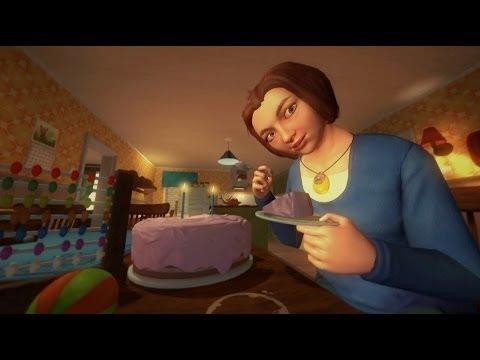
Download The Plan on Steam
Buy Among The Sleep on Steam or DRM-free
Rain Games
This is another new studio, founded in 2010, which jumped onto the scene with the release of Teslagrad. This puzzle platformer's beautiful graphics and non-verbal storytelling has received much praise from critics. Rain was also instrumental in the creation of the Norwegian Game Makers Guild, which represents developers in the Hordaland county (whose capital is the beautiful city of Bergen).
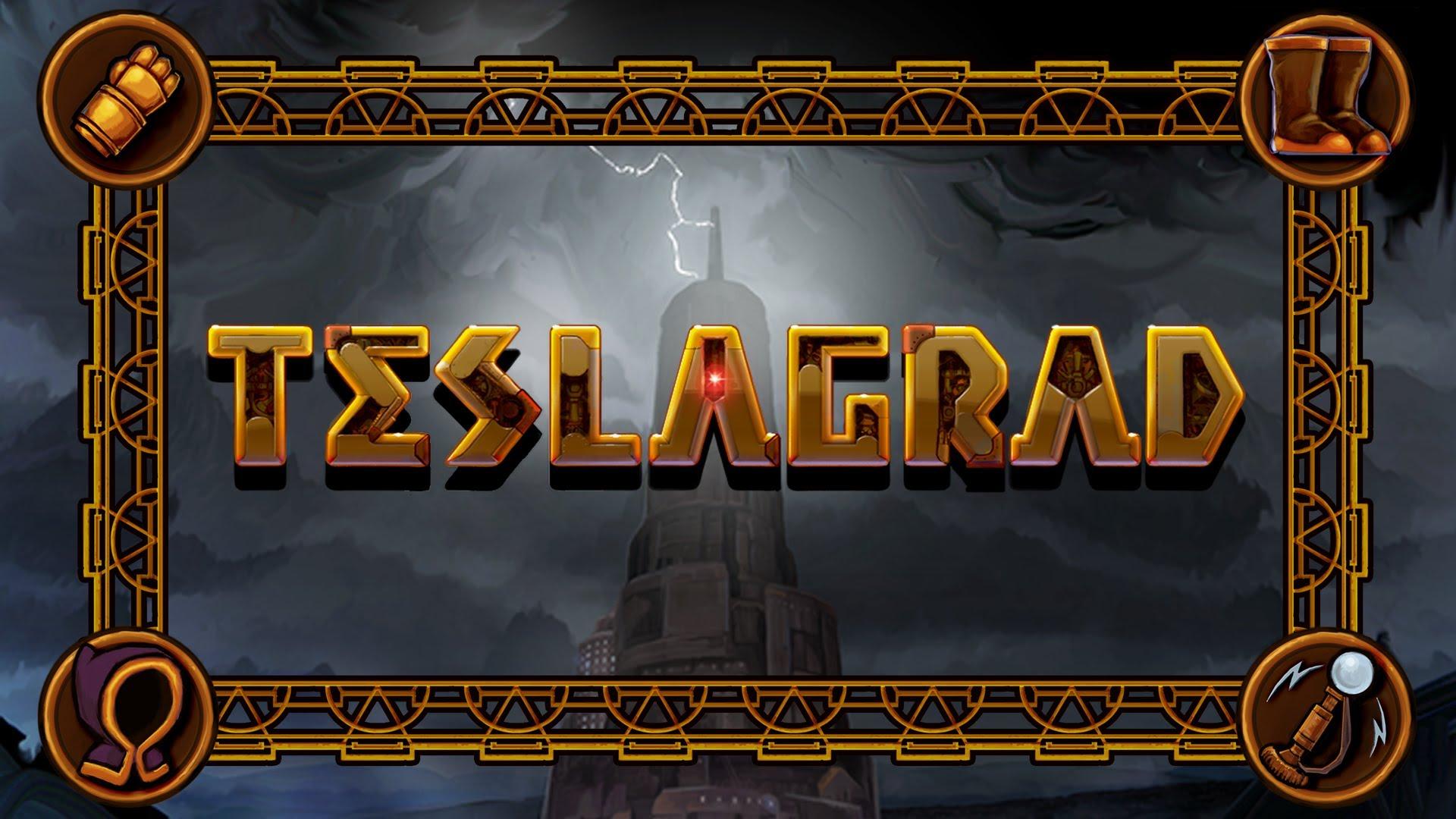
Buy Teslagrad on Steam
D-Pad Studios
The indie developer is best known for Savant - Ascent, released in December 2013. The game has been praised for its fast-paced platforming action and electronic soundtrack. Their upcoming game Owlboy is unconfirmed for Linux, but since GameMaker: Studio added a Linux export feature last year, this now seems far more likely.
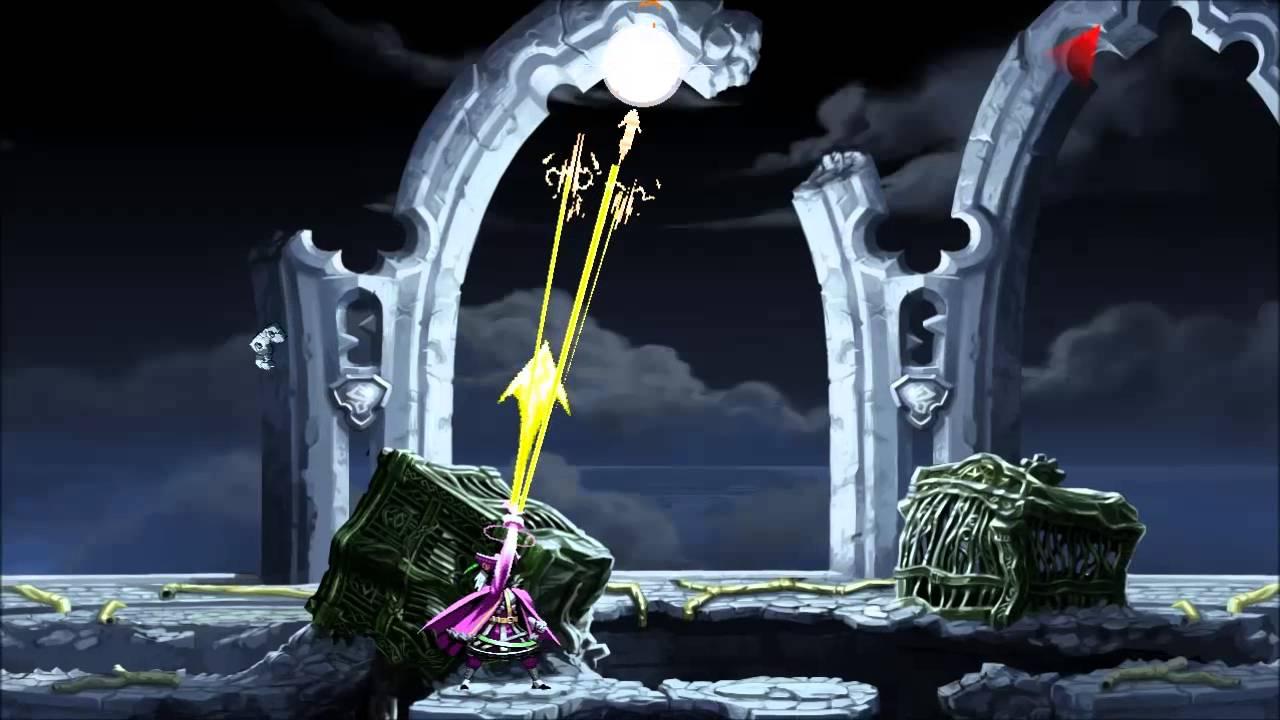
Buy Savant - Ascent on Steam
Red Thread Games
This promising studio is set to release their upcoming adventure game Dreamfall Chapters this Autumn/Fall (depending on what part of the world you are in) with Linux support at launch. I have to say, based on the trailer, this game looks very interesting. Their next game Draugen looks equally as promising and is due to start a Kickstarter campaign soon, so Red Thread is one to keep an eye on in the future.
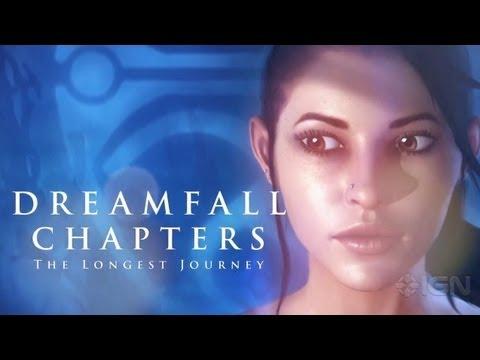
Check out Dreamfall Chapters on Steam
Snowcastle
Following a successful Kickstarter and Greenlight campaign, their game Earthlock: Festival of Magic is set to appear on Linux early next year. This turn-based RPG features many of the elements which came to be known in the golden era or RPG games, including a world map (but with visible enemies rather than random encounters), minigames and an epic save-the-world style story, but with more modern features such as crafting and non-linear story.
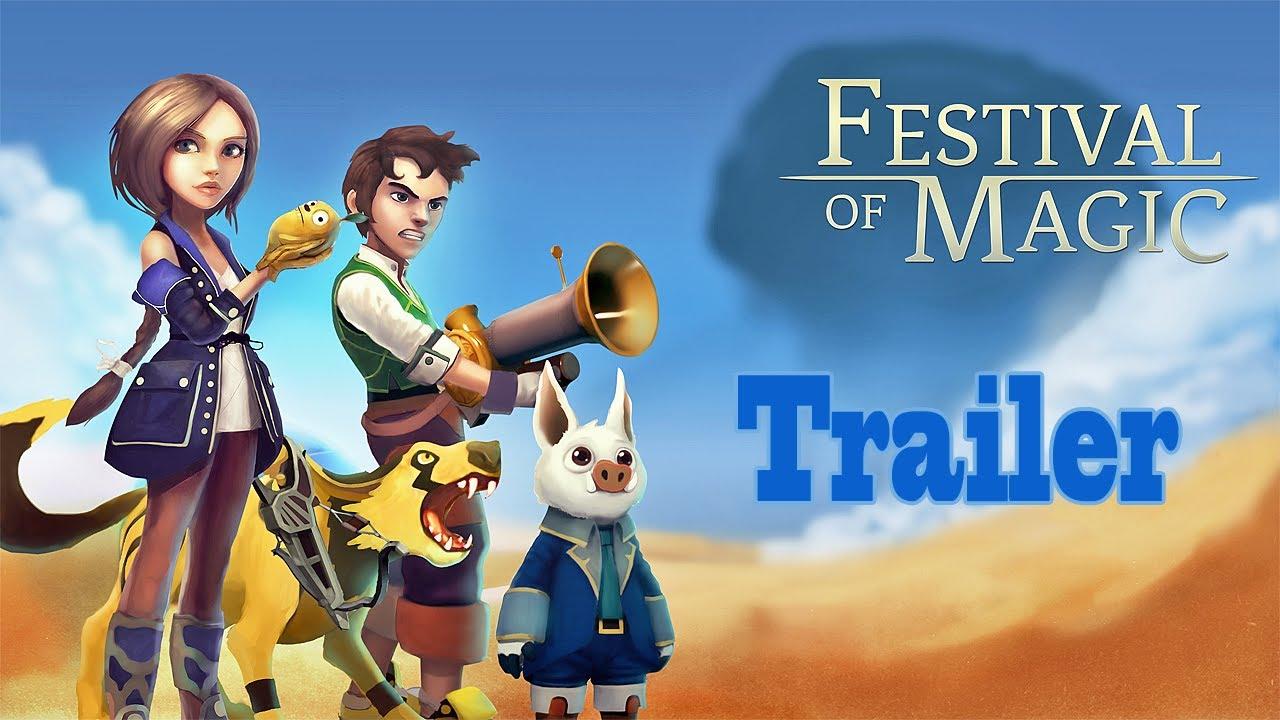
Artplant
This is the studio behind the Early Access space MMO Entropy. The studio had previously worked on the Battlestar Galactica MMO, but Entropy is the first game Artplant has developed independently and which is available on Linux.

Buy Entropy Early Access on Steam
That about wraps it up for Norway. Once again, it’s surprising just how many games there were from Norway and again, the majority of (PC) developers had at least one game on Linux. Don’t forget to check out the last instalment of the GOL World Tour and make suggestions for what the next stop should be.
Some History and Culture

The Fjords of Norway have inspired the settings of many video games. (Photo: ErikD)
Rather than going into hundreds of years of history from the Vikings to personal unions between Norway and its neighbours Denmark and Sweden, it is perhaps better to begin from modern independence (even though Vikings are awesome). The union between Sweden and Norway was dissolved in 1905, marking the beginning of what we today know as Norway. Even in this early period, Norway led the world in terms of social reform, introducing sick pay, maximum work hours and worker protection laws, as well as laws preventing foreign companies from controlling its natural resources.
Following a long period of neutrality, Norway was invaded by Germany in the Second World War, with Hitler hoping that it would become part of the greater Germanic state and block the vital supply route between Western Europe and the USSR. During this period, a resistance movement was established and Norwegians openly mocked the Nazi ideology along with its puppet regime. In the post-war period, the roots of what we now regard as progressive Scandinavian democratic socialism began to take hold, with the ruling party establishing state-owned industries, universities and broadcasting companies. However, compared to Sweden, Norway still remained a far more rural country with an economy largely dependant on its vast (and delicious) fish resources. This all changed in the early 1970s when North Sea oil and gas re-invented the Norwegian economy, and this resource still makes up 50% of exports and 20% of GDP.
Unlike some less wise European countries, Norway hung on to its oil resources rather than privatising them, using the money instead for public works and services and even a state pension fund which makes investments (following a strict code of ethics) for when that oil runs out one day. This fund owns approximately 1% of all publicly traded shares in the world and the government enjoys a 9% budget surplus, despite its huge public spending. As a result of this unique Scandinavian socialism, Norway continually tops world rankings including Human Development Index, press freedom, Prosperity Index and also ranking 4th in terms of GDP per capita and 6th in the Corruption Perceptions Index. All of these things, combined with its outstanding natural beauty and friendly people make Norway one of the best places in the world to live (if you can put up with a daunting 5 hours of daylight per day in the winter).
Overview of the industry
Video games are a more respected art form in Norway than in many other countries, so much so that the Norwegian Film Institute has given grants to indie games in the same way that it would to independent cinema - which is pretty cool. Norway’s game offerings to gaming remain somewhat less than its neighbours Sweden and Finland, which have given the world the likes of Minecraft, Paradox Interactive, Angry Birds and Linus Torvalds, but there is nonetheless a strong indie scene there with a couple of more mainstream developers. It is only more recently with the advent of crowdfunding and self-publishing that Norway has really burst onto the scene. There are around 100 companies involved with game development on some level in the country.
Krillbite Studio
We first saw this young indie studio at the beginning of 2014, with the release of the very short but very cool and very free The Plan, where the player takes control of a fly and… well I won’t spoil the ending. Krillbite grabbed far more attention with the release of Among The Sleep, a creepy first person horror game where you play as a toddler. Despite some early Linux issues with the game, given that this studio’s games have both been on Linux at launch, they deserve a lot of credit and hopefully we will see more from them in the future.

YouTube videos require cookies, you must accept their cookies to view. View cookie preferences.
Direct Link
Direct Link
Download The Plan on Steam
Buy Among The Sleep on Steam or DRM-free
Rain Games
This is another new studio, founded in 2010, which jumped onto the scene with the release of Teslagrad. This puzzle platformer's beautiful graphics and non-verbal storytelling has received much praise from critics. Rain was also instrumental in the creation of the Norwegian Game Makers Guild, which represents developers in the Hordaland county (whose capital is the beautiful city of Bergen).

YouTube videos require cookies, you must accept their cookies to view. View cookie preferences.
Direct Link
Direct Link
Buy Teslagrad on Steam
D-Pad Studios
The indie developer is best known for Savant - Ascent, released in December 2013. The game has been praised for its fast-paced platforming action and electronic soundtrack. Their upcoming game Owlboy is unconfirmed for Linux, but since GameMaker: Studio added a Linux export feature last year, this now seems far more likely.

YouTube videos require cookies, you must accept their cookies to view. View cookie preferences.
Direct Link
Direct Link
Buy Savant - Ascent on Steam
Red Thread Games
This promising studio is set to release their upcoming adventure game Dreamfall Chapters this Autumn/Fall (depending on what part of the world you are in) with Linux support at launch. I have to say, based on the trailer, this game looks very interesting. Their next game Draugen looks equally as promising and is due to start a Kickstarter campaign soon, so Red Thread is one to keep an eye on in the future.

YouTube videos require cookies, you must accept their cookies to view. View cookie preferences.
Direct Link
Direct Link
Check out Dreamfall Chapters on Steam
Snowcastle
Following a successful Kickstarter and Greenlight campaign, their game Earthlock: Festival of Magic is set to appear on Linux early next year. This turn-based RPG features many of the elements which came to be known in the golden era or RPG games, including a world map (but with visible enemies rather than random encounters), minigames and an epic save-the-world style story, but with more modern features such as crafting and non-linear story.

YouTube videos require cookies, you must accept their cookies to view. View cookie preferences.
Direct Link
Direct Link
Artplant
This is the studio behind the Early Access space MMO Entropy. The studio had previously worked on the Battlestar Galactica MMO, but Entropy is the first game Artplant has developed independently and which is available on Linux.

YouTube videos require cookies, you must accept their cookies to view. View cookie preferences.
Direct Link
Direct Link
Buy Entropy Early Access on Steam
That about wraps it up for Norway. Once again, it’s surprising just how many games there were from Norway and again, the majority of (PC) developers had at least one game on Linux. Don’t forget to check out the last instalment of the GOL World Tour and make suggestions for what the next stop should be.
Some you may have missed, popular articles from the last month:
All posts need to follow our rules. For users logged in: please hit the Report Flag icon on any post that breaks the rules or contains illegal / harmful content. Guest readers can email us for any issues.
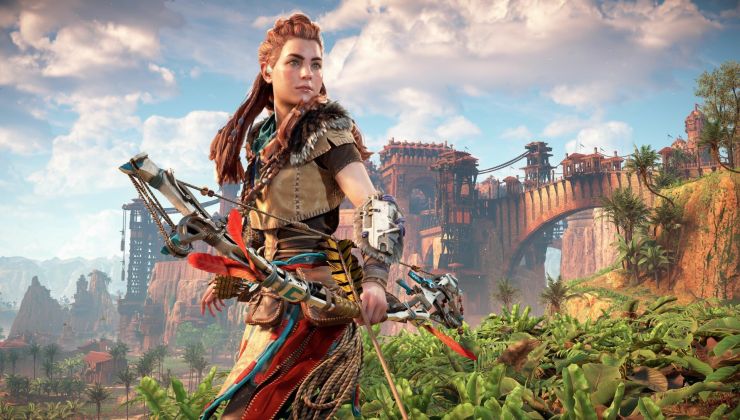
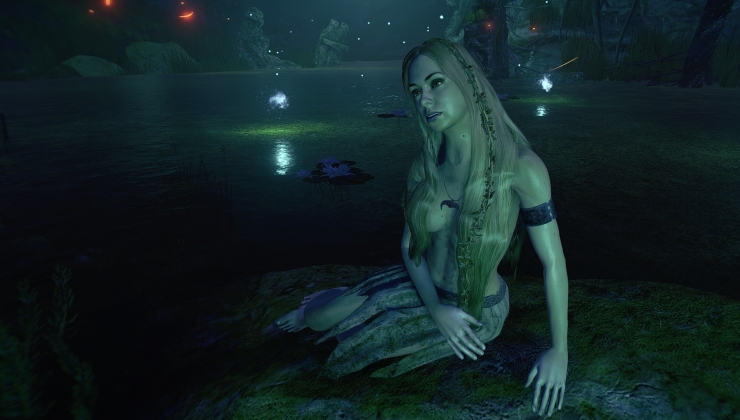
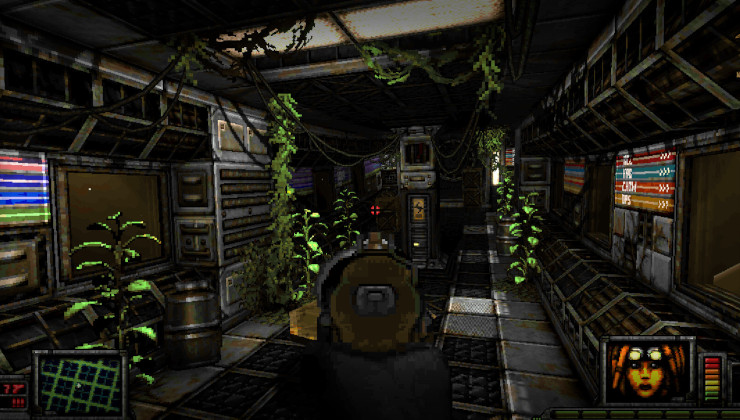
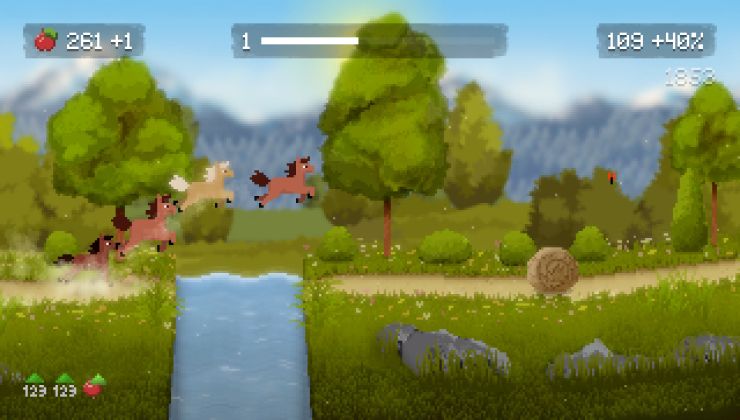
 An idiots guide to setting up Minecraft on Steam Deck / SteamOS with controller support
An idiots guide to setting up Minecraft on Steam Deck / SteamOS with controller support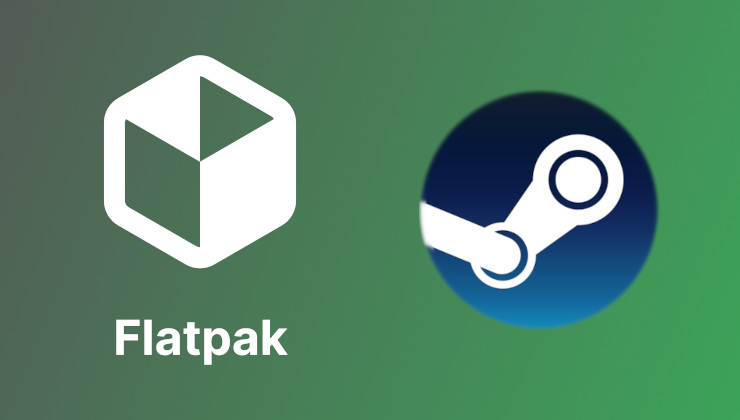 How to install extra software, apps and games on SteamOS and Steam Deck
How to install extra software, apps and games on SteamOS and Steam Deck
On top of this our socialist governments have led a catastrophic immigration policy, mostly importing people from africa, the middle east and asia with no schooling. Calculated by the government to have a net cost of $700.000 each, this also because of the magnificent welfare state. Mohammed is now the most common name in Oslo, the capital.
Yes, you can fool a lot of people into thinking your policies are good and the governement efficient, when you can throw basically unlimited amounts of money at any issue. The problem arises when there is no money left and all production has moved to lower cost countries.
You're wrong about privatization, the governement holds most stocks in a partly privatized company (Statoil), but its income mainly comes from taxing the production of oil and gas, something that could be done regardless of state ownership, which is ridiculous.
I could go on about how the welfare state as we know it today was largely just a continuation of the policies forced on us by Nazi rule during WW2 (e.g. child support was their idea), but this should be enough to dispell the faery tale you have been told.
Then you should point at to the author of the political content in th article, which is what I responded to. The games overview I have no problem with.
Can't wait to see the next country!
With the next one, it will most likely be less political in the overview and like I said, this was just a case where politics/society is very interesting. The Argentina one was more about the history of immigration and its influences on culture because that's interesting. It's not intended to be a gripping ideological argument, just an interesting overview of a country based on my limited knowledge of it. It may be simpler to just write a list of 5 interesting facts or something next time because that's less controversial.
I know, I know, this is not a political website, but I could not let that stand without comment.
There's so many errors, myths, politically motivated misinterpretations and twistings of facts in this summary that I won't even start to correct them, other than to say that this is *not* the place to discuss this. But coming from one of the safest, highest welfare, high standard of living, lowest unemployment rating nations in the entire *world*, you do come across as one seriously disillusioned spoiled brat.
Kind regards, another Norwegian
You forgot Funcom, the makers of The Longest Journey, Conan and Anarchy Online!
Generally speaking, this is one of the things that really excites me about the gaming industry: It's not as centralized on US/UK productions as most other entertainment media is. We find some of the very top, AAA productions coming from all over the world, countries like Ukraine, Poland, Germany, Sweden, Denmark, small countries in most contexts.
I really dig that. It's awesome!
I also agree, chrisq's comments are rather hyperbolic and misleading, while the article was quite balanced and well written. And no, I'm not Norwegian but reasonably well informed.
That's very true! Education above all else since you need a big amount of talented artists and programmers (not to mention people to write dialogue, create music, market the game, etc).
And yes, the government giving grants to small studios is a very big help. I neglected to mention this in the Argentina article, but the government there also gives grants to studios and pays for stands and expos.
Are any of their games on Linux? I checked their websites and Steam but couldn't find anything. If there's DRM-free Linux versions somewhere which I haven't seen, then let me know and I'll add them in.
I didn't know that the developer of Entropy was Norwegian. Another Norwegian developer worth mentioning is Rock Pocket Games. They have their puzzle platformer Shiftlings on Steam Greenlight. They're also working on a very interesting looking 3D platformer called Oliver&Spike: Dimension Jumpers, but unfortunately it seems to be primarily targeted at consoles, with no mention of Linux so far.
Ah sorry, no. I just thought you did a general rundown of Norwegian game devs. My bad.
I responded to most the other comments in private because I agree that this is not a place for political discussion, however since you're the least civil I'll have to respond here.
This kind of non-argument you're making is not only cowardice, but just poision and a waste of space.
If you're NOT going to argue something, then it is better not to make a bunch of accusations and name calling first isn't it?
I won't go into a discussion, but leave you with this: If you live on a mountain of gold it is ludicrous to compare yourself or your accomplisments with people that have a fraction of your wealth, is it not?
I agree that it is was over the top as to hyperbole, however it was pretty much equal to the uncritical praise of the article.
Your assumption that you know more about Norways internal politics than a native that has been following it and been a part of it for more than 20 years is just amusing to me. You're obviously ignorant of how this works in the real world, the politics of a country has to be followed on a daily/weekly basis and in detail to get a real understanding.
I admire your confidence, no matter how misplaced.
The article was a fun read. To be honest, I only thought of Funcom, and realised about half-way down the list why they wouldn't be part of this article. It's amazing the number of game devs Norway has. Eager to see where this world tour goes next.
If you read my replies you will seen there's nothing about politics there.
I responded to personal attacks.
Yeah, this is a gaming site, and there are some fine looking games here, and that's what this page was intended to show.